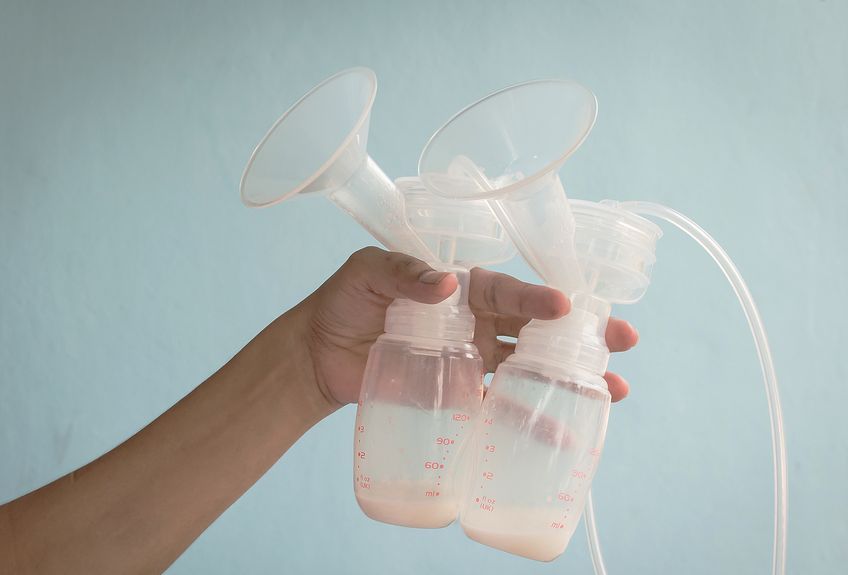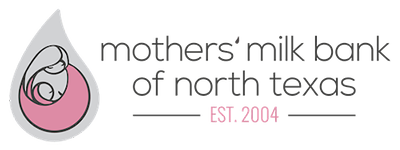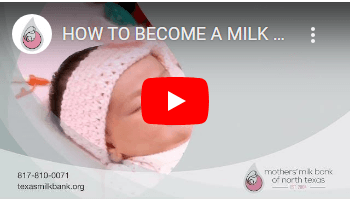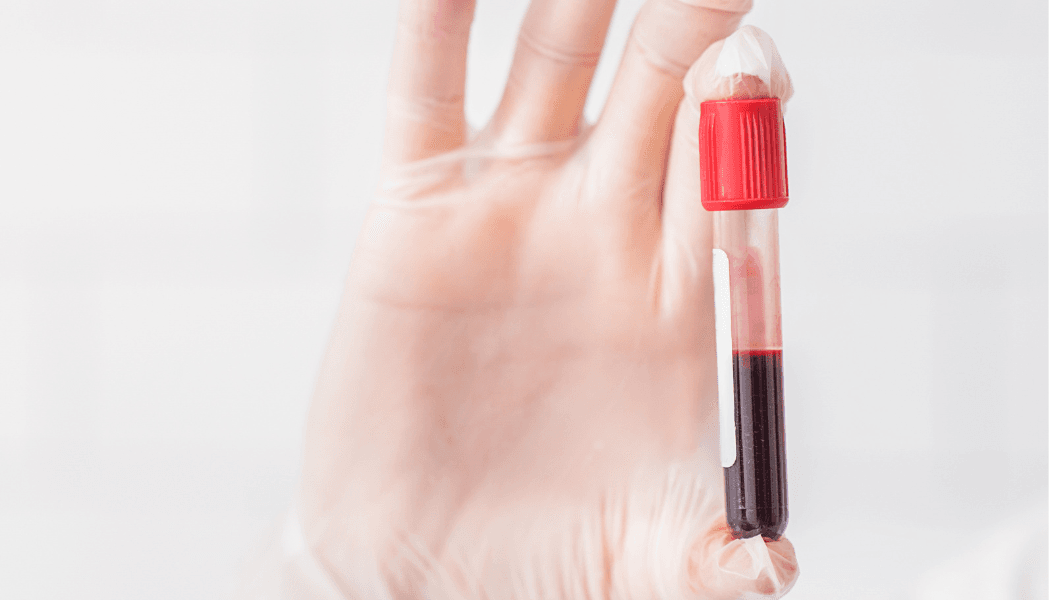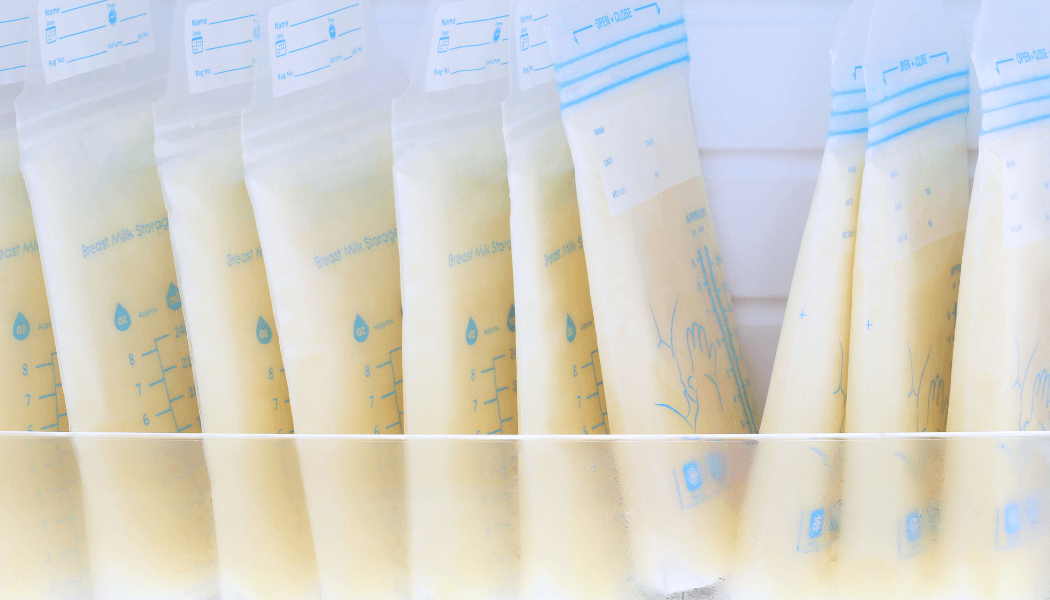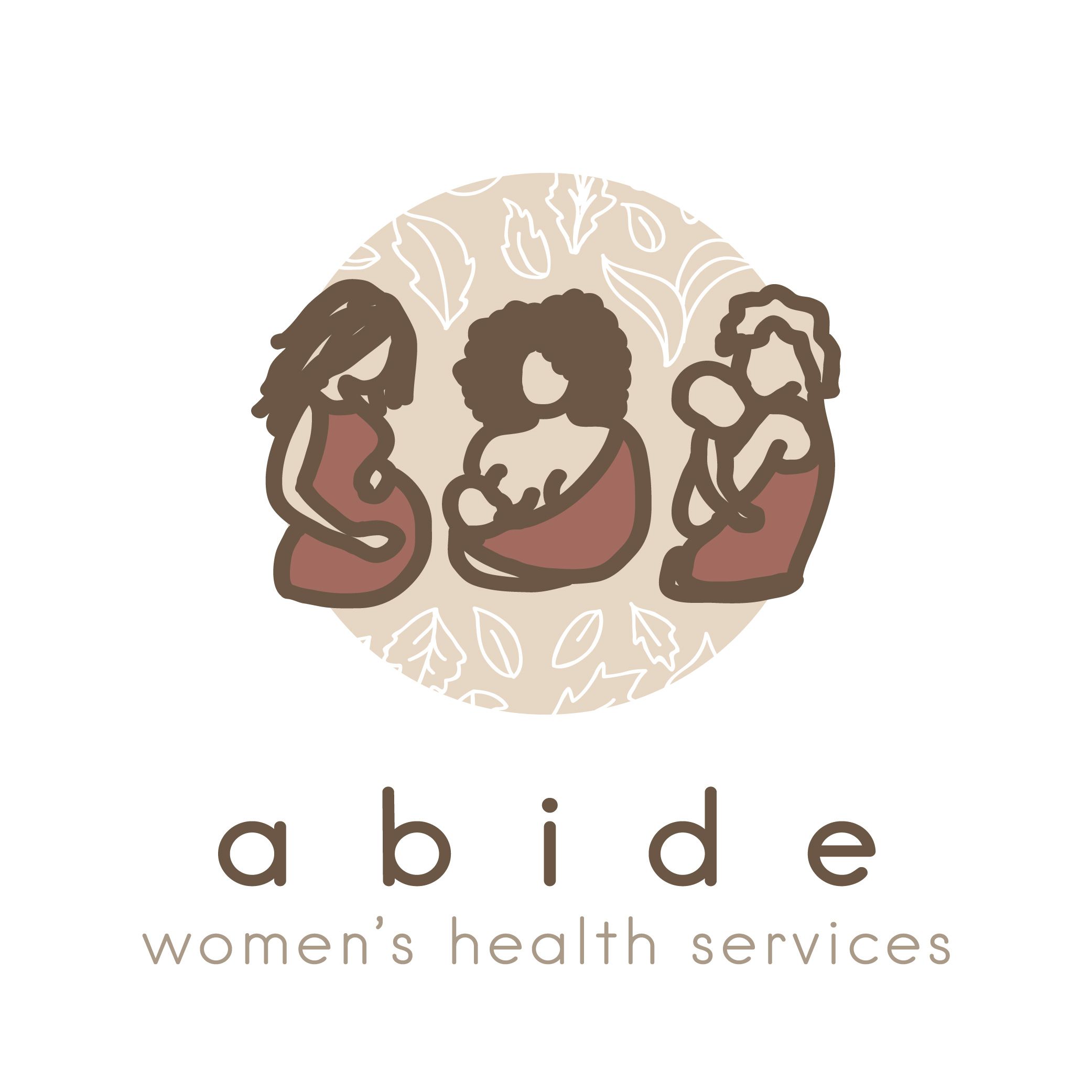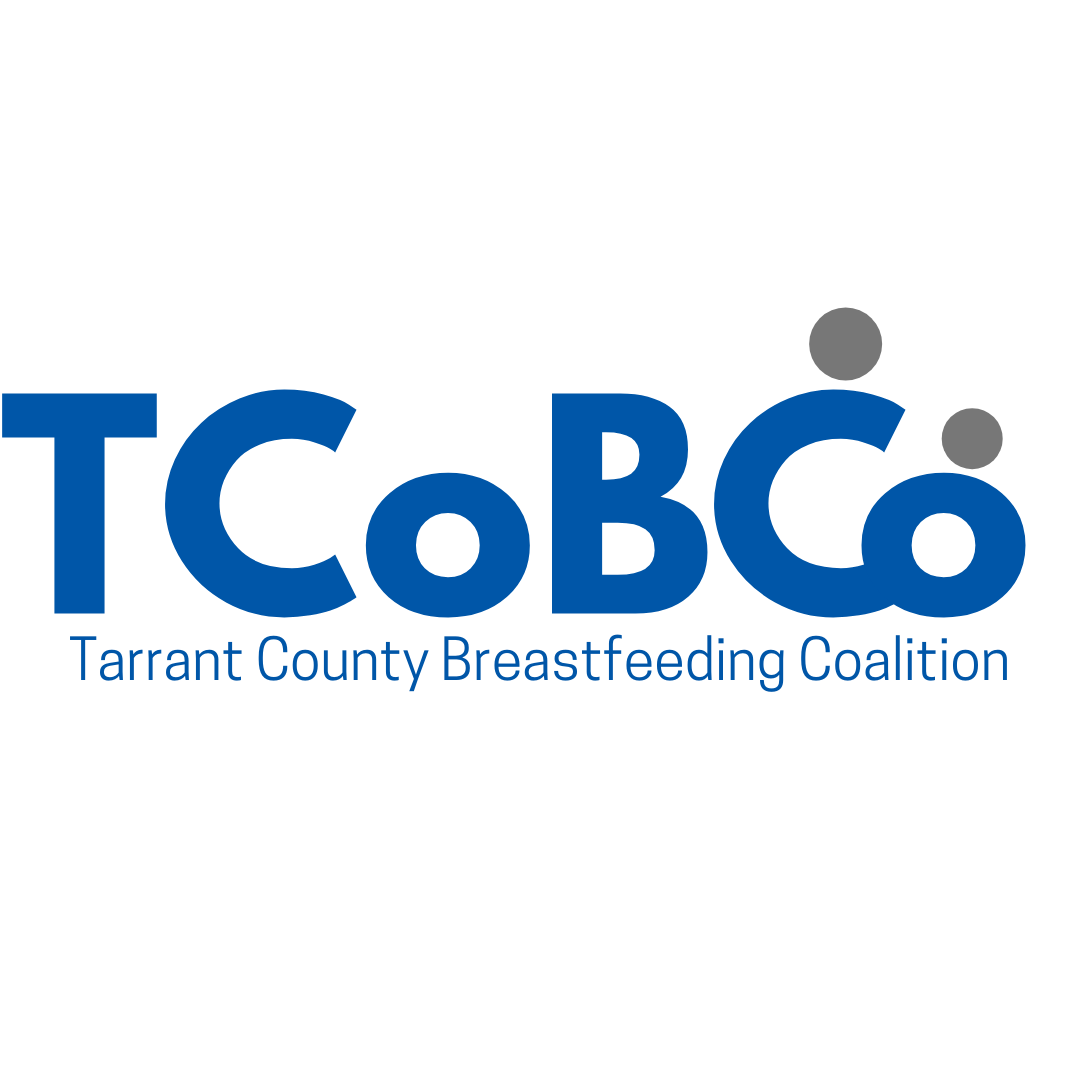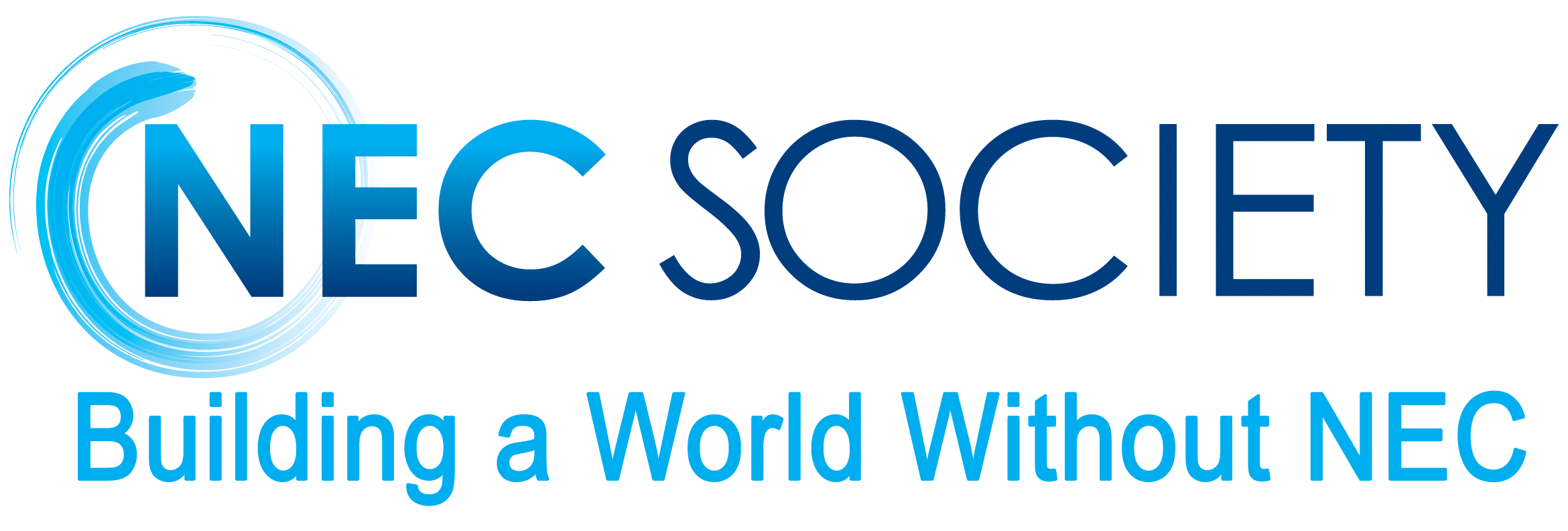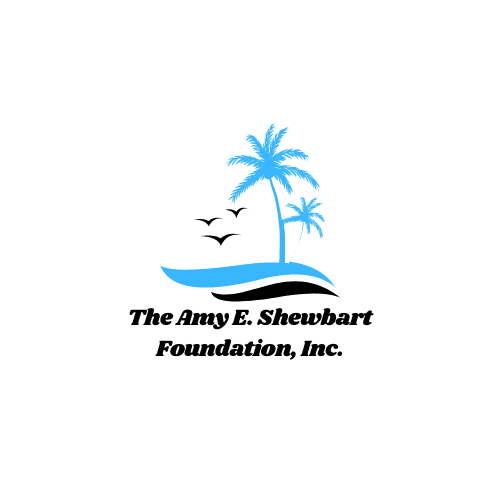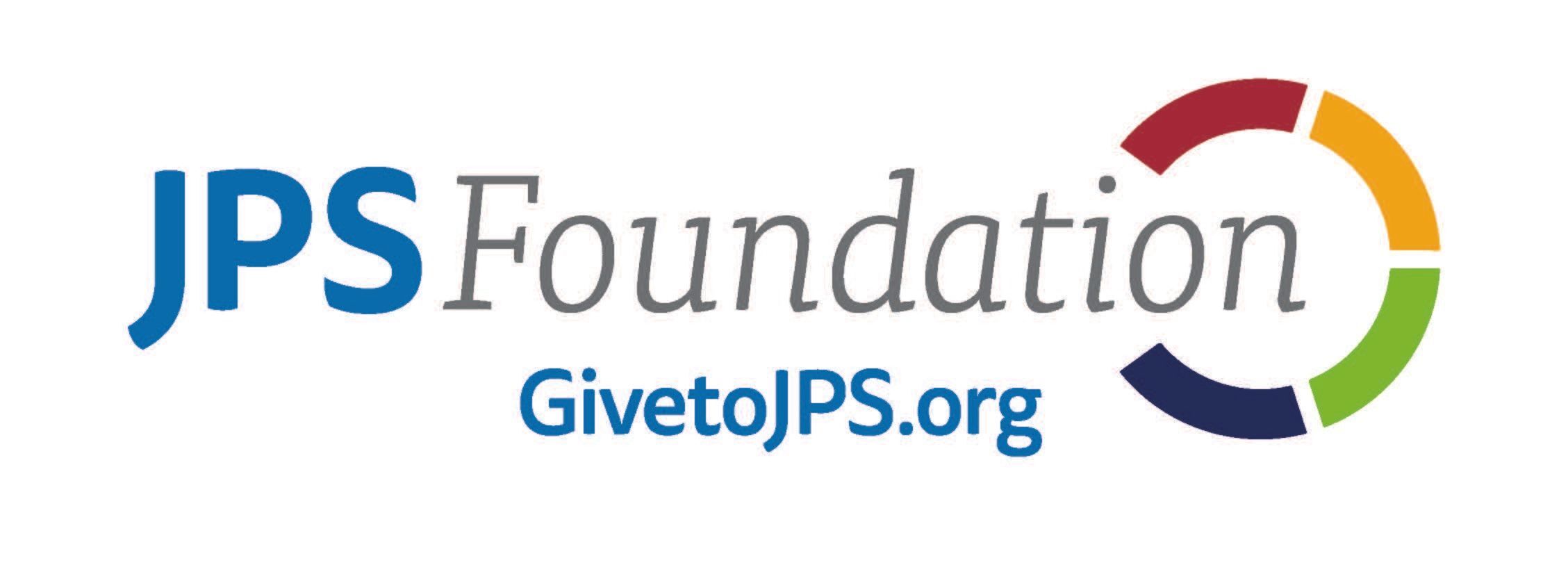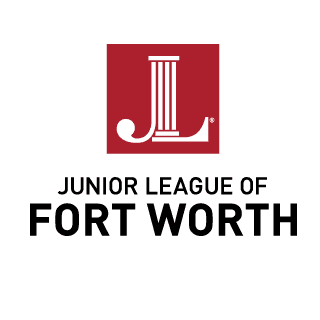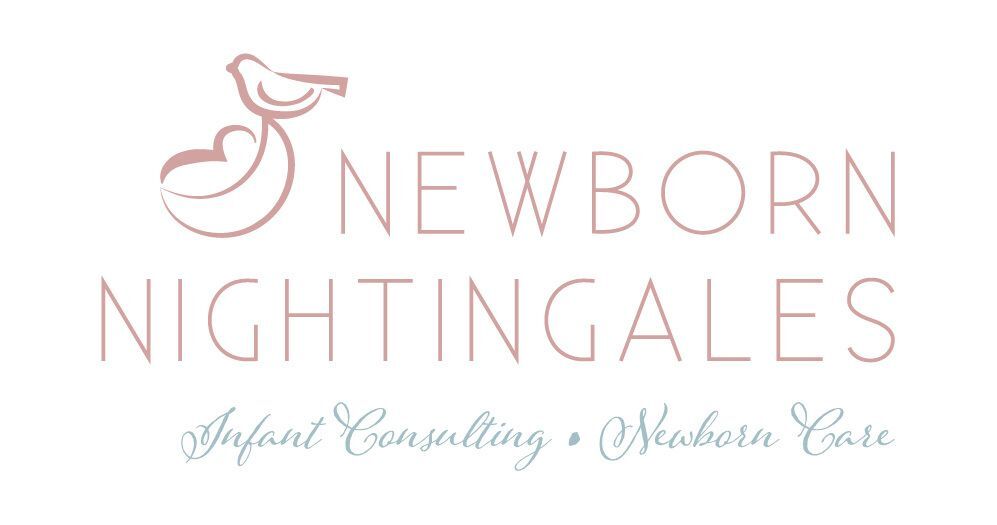Donate Your Extra Breastmilk
If you have extra breastmilk in your freezer, you can donate it to help fragile babies. Mothers of premature infants often struggle to produce adequate breastmilk for a variety of reasons. For these families, donor milk is a welcomed gift during one of the most stressful times of their lives. Donating to a nonprofit milk bank ensures that fragile babies in our community receive safe, optimal nutrition with immunological protection.
Complete a Donor Eligibility Form
To start the process, fill out a donor eligibility form in English or Spanish:
Screening Steps to Become a Donor
FAQ - Common Questions About Milk Donation
-
1. DO DONORS HAVE TO SEND 100 OUNCES OF BREASTMILK AT ONE TIME?
There is no minimum or maximum amount required to donate at one time. Donors are asked to commit to donating 100 ounces over their entire donation period.
-
2. WHY SHOULD I DONATE TO A NONPROFIT MILK BANK INSTEAD OF SHARING MY MILK INFORMALLY WITH OTHER MOTHERS?
As an evidence-based organization, we are obligated to educate the community about the risks associated with sharing breastmilk that has not been screened or pasteurized. Human milk is a complex fluid of biologically active components, and direct milk sharing increases the risks for the transmission of disease and bacterial infections. Additionally, changes in lifestyle, medications and health history must be continually evaluated to further eliminate potential risks to donor milk recipients.
When you donate your milk to a nonprofit milk bank, you are helping the sickest babies with the greatest need. See link below for more information about informal milk sharing.
-
3. SHOULD BREASTMILK BE FRESH OR FROZEN WHEN SENT TO THE MILK BANK OR DROP OFF SITE?
We only accept frozen breastmilk that has previously been stored in freezers.
-
4. HOW OLD CAN BREASTMILK BE WHEN DONATED?
We prefer to receive milk before it is 6 months old. If you have milk that is older than 6 months, please contact us for further assessment.
-
5. WHERE IS MY BREASTMILK SENT FOLLOWING THE PASTEURIZATION PROCESS?
After pasteurization and lab testing, the majority of donor milk is sent to North Texas NICUs.
-
6. ARE MOTHERS COMPENSATED FOR DONATING THEIR EXCESS BREASTMILK?
Donors do not receive any payment for their donations.
-
7. ARE DONORS ABLE TO SEND THEIR BREASTMILK FROM OUT-OF-STATE?
We will gladly send insulated boxes and cover all shipping expenses for donors who wish to send their milk from out-of-state.
-
8. CAN DONORS SEND BREASTMILK ALREADY STORED IN THEIR FREEZERS BEFORE THE SCREENING PROCESS IS COMPLETE?
Donors may send us frozen breastmilk that is within the acceptable age range and free of restricted medications. Please note, for safety reasons, breastmilk sent to the milk bank cannot be returned.
-
9. WHAT KIND OF STORAGE CONTAINERS ARE RECOMMENDED FOR DONATED BREASTMILK?
All types of breastmilk storage containers are acceptable. However, we can provide storage bags when available, so that donors do not have to purchase their own.
-
10. HOW LONG CAN DONORS DONATE?
Approved donors are allowed to donate for as long as they wish, regardless of the age of their baby.
-
11. IF I HAVE ANOTHER BABY AND WANT TO DONATE, DO I NEED TO COMPLETE A SCREENING AGAIN?
Yes, donors are required to complete all three screening steps, including a blood test, with each baby.
